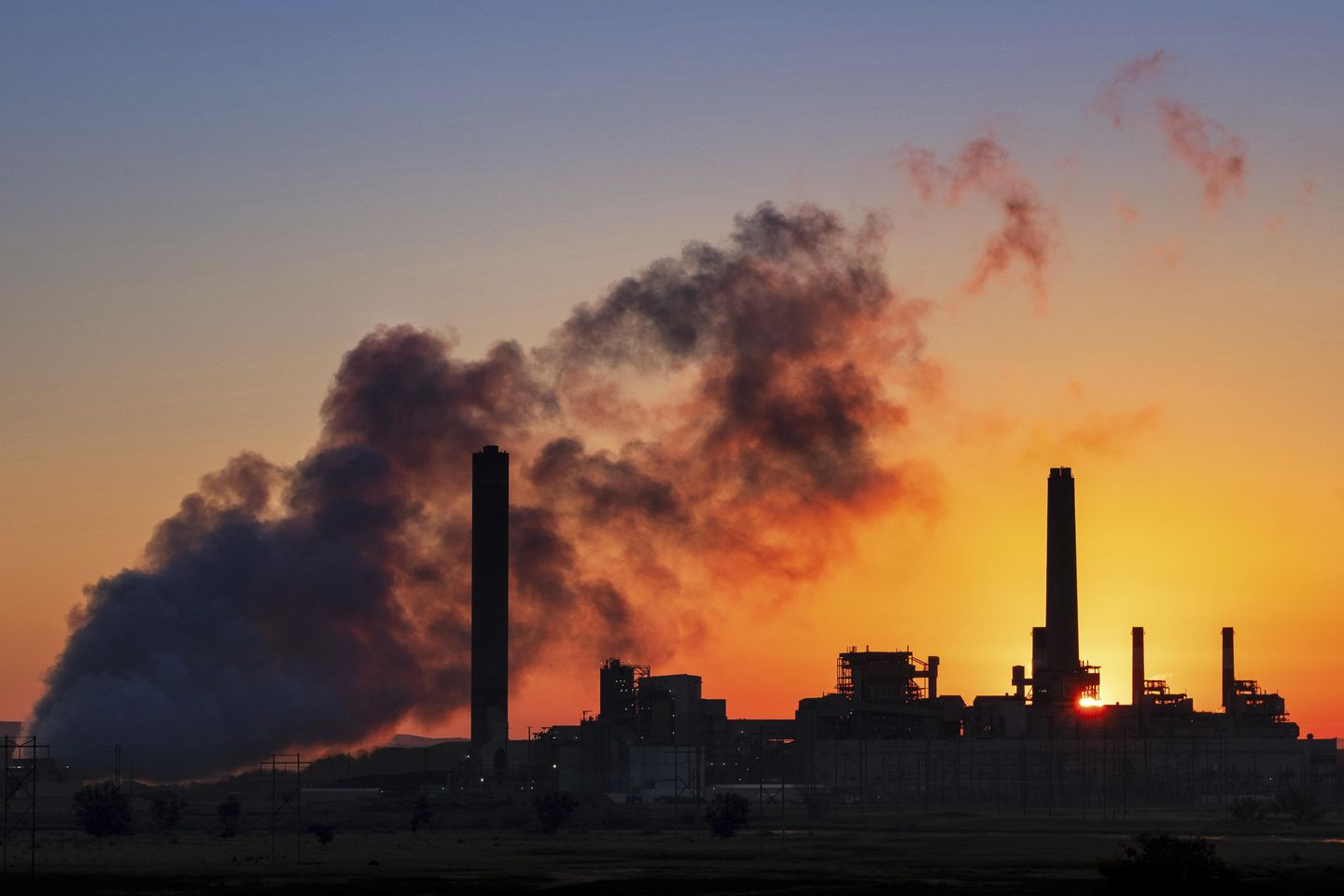
Democratic governors across the country are mobilizing their legal teams as the implications of President Trump’s sweeping executive order on energy become clearer two days after its signing.
The directive, which declared a “national energy emergency” on Tuesday, instructs the Justice Department to target state climate laws that the Trump administration says unconstitutionally restrict energy production. Legal experts now warn the order could spark an unprecedented federal assault on state environmental regulations at a time when electricity demand is surging due to artificial intelligence, cloud computing and expanding high-tech manufacturing.
Mr. Trump’s order specifically targets state laws aimed at forcing energy companies to pay for climate change damages, which he says “extort” payments and “threaten American energy dominance and our economic and national security.”
Vermont and New York are already facing federal court challenges to their recently passed climate superfund laws, which require major fossil fuel companies to pay into state funds based on past greenhouse gas emissions. Several other states including New Jersey, Massachusetts, Oregon and California are considering similar measures.
The American Petroleum Institute welcomed Mr. Trump’s directive, saying it would “protect American energy from so-called ’climate superfunds’” and “restore the rule of law.” The organization, along with the U.S. Chamber of Commerce, has already filed suit against Vermont’s law.
Democratic governors responded defiantly. California Gov. Gavin Newsom accused Mr. Trump of “turning back the clock” and said his state’s pollution reduction efforts “won’t be derailed by a glorified press release masquerading as an executive order.” The U.S. Climate Alliance, representing 22 governors, vowed to “keep advancing solutions to the climate crisis.”
Michael Gerrard, director of Columbia University’s Sabin Center for Climate Change Law, suggested the Justice Department might join ongoing lawsuits where courts are deciding whether states are overreaching by trying to make fossil fuel companies pay for climate damage. These include cases filed by Honolulu and dozens of other cities seeking billions in damages from climate impacts such as wildfires, rising sea levels and severe storms.
Climate advocates criticized the order, with the Make Polluters Pay coalition calling it an example of “corporate capture of government” that “weaponizes the Justice Department against states that dare to make polluters pay for climate damage.”
The executive order’s broad scope has raised questions about potential challenges to various state environmental regulations. As former Pennsylvania environmental protection secretary John Quigley noted, “This kind of an order knows no bounds. It’s hard to say where this could end up.”
Read more: Trump’s new energy order puts states’ climate laws in the crosshairs of the Department of Justice
This article is written with the assistance of generative artificial intelligence based solely on Washington Times original reporting and wire services. For more information, please read our AI policy or contact Ann Wog, Managing Editor for Digital, at awog@washingtontimes.com
The Washington Times AI Ethics Newsroom Committee can be reached at aispotlight@washingtontimes.com.












